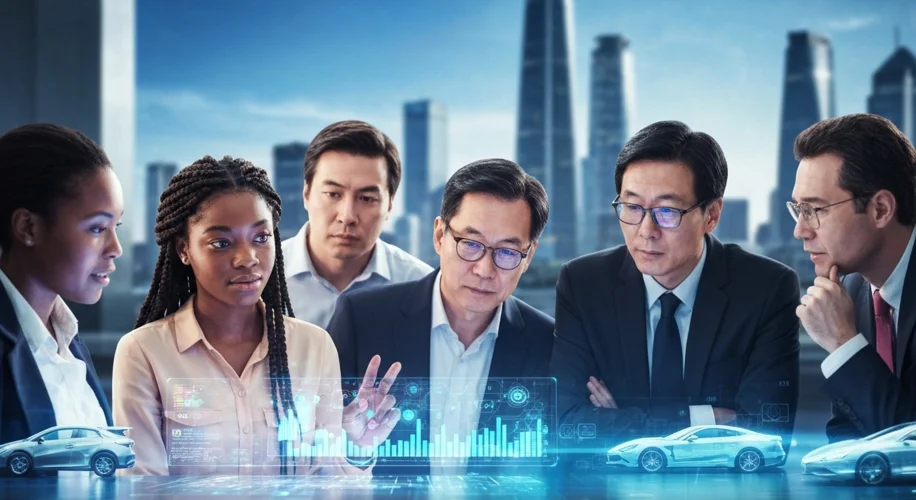It feels like just yesterday I was navigating the early days of software development, and now here we are, discussing artificial intelligence and automation as everyday forces shaping our work lives. My career in tech has given me a front-row seat to this incredible evolution, and it’s clear that the landscape of work is changing, not just for those in tech, but for everyone.
We’re seeing automation and AI move beyond repetitive tasks and into more complex areas. Think about customer service, where AI chatbots can handle a surprising range of queries, or even creative fields, where AI tools can assist with content generation. This isn’t science fiction anymore; it’s happening now, and it’s impacting industries across the board.
From my perspective, this shift presents both challenges and opportunities. Historically, technological advancements have always led to changes in the job market. The industrial revolution, for example, transformed agriculture and manufacturing, creating new roles while others faded. We’re in a similar period of transformation, driven by digital technologies.
One of the key discussions revolves around how we ensure a just transition for the workforce. As certain jobs evolve or are automated, we need to think critically about how people can adapt. This means looking at reskilling and upskilling initiatives, ensuring that education and training programs are aligned with the needs of the future economy. It’s not just about learning new software; it’s about developing adaptable skill sets, like problem-solving, critical thinking, and creativity – the very things humans excel at.
We also need to consider the ethical implications. As AI becomes more integrated into our workplaces, questions about fairness, transparency, and accountability arise. For instance, how do we ensure AI used in hiring processes is unbiased? How do we protect worker privacy when data is being collected and analyzed on a massive scale? These are not easy questions, but they are crucial to answer if we want to build a future of work that benefits everyone.
Worker mobility is another important aspect. Historically, people moved for jobs. Today, with the rise of remote work and the changing nature of industries, we see a different pattern. Understanding these dynamics is key for policymakers and individuals alike. It’s about creating an environment where people can thrive, regardless of where they live or what specific role they hold.
This isn’t about fearing technology; it’s about understanding it and guiding its development responsibly. My hope is that we can approach this era of change with thoughtfulness and a commitment to creating a work environment that is both innovative and equitable. It’s a conversation we all need to be a part of.

